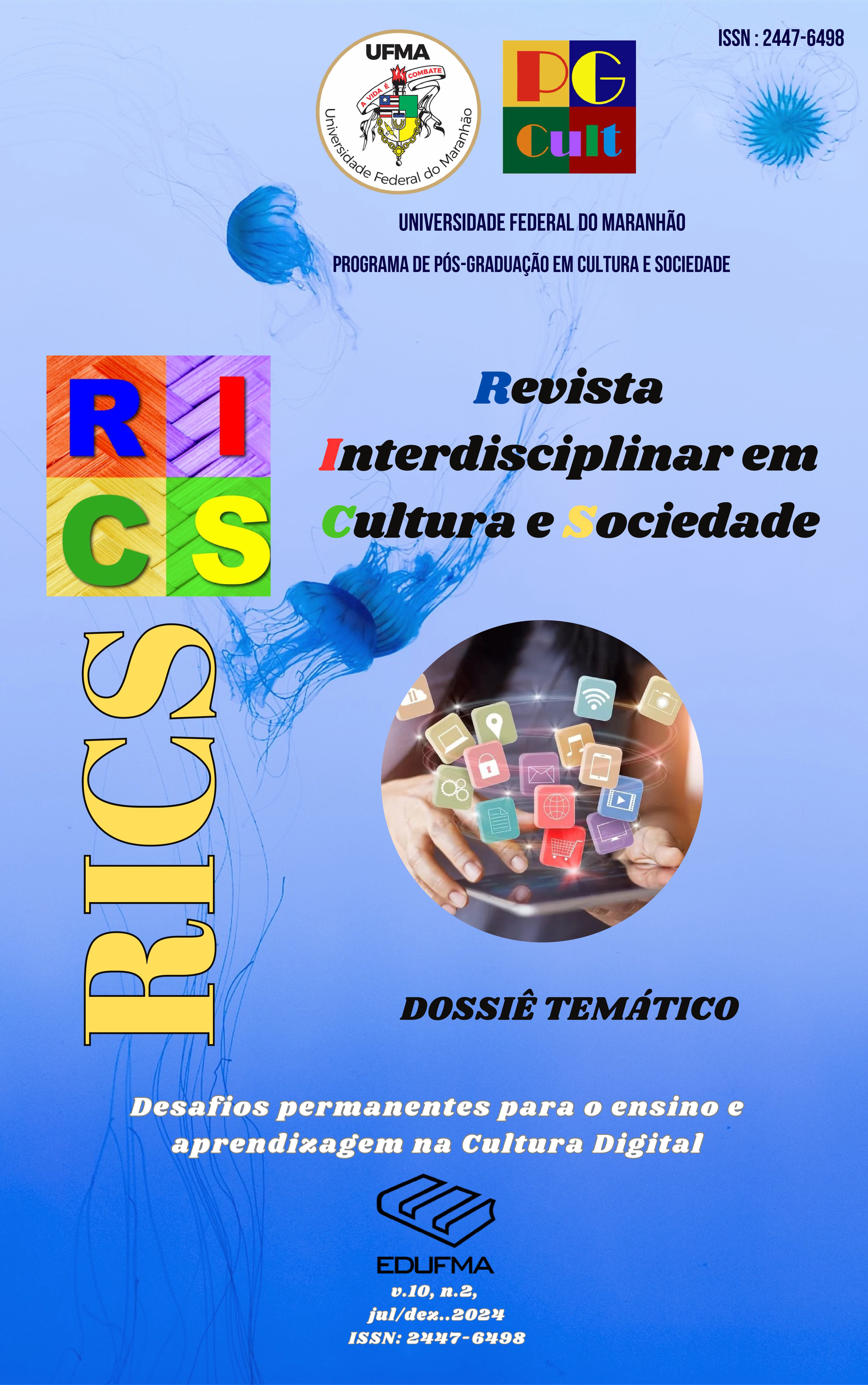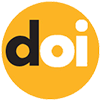Gamification and Innovation in Programmer Learning: a proposal for a gamified platform for programming education
DOI:
https://doi.org/10.18764/2447-6498.v10n2.2024.18Keywords:
Gamification, Programming Education, Student Engagement, Interactive Learning, Technological EducationAbstract
This study investigates the influence of gamification on the engagement and motivation of students in the INCODE Tech School project in tracking their programming studies through the proposal of a gamified trail-based learning platform. The methodology was based on applied and descriptive research, using a qualitative and quantitative approach. Data collection included a literature review, document analysis, and the application of questionnaires to students in the INCODE Tech School project. The qualitative analysis involved thematic categorization, segmenting responses into topics such as motivation, challenges in autonomous study, and the effectiveness of gamified elements. The results indicate that gamification, when well implemented, can significantly increase student engagement. However, its effective application requires a deep understanding of game mechanics and their impacts within the educational context. The study reinforces the importance of continually refining the platform to optimize its effectiveness in teaching environments.
Downloads
References
BARDIN, Laurence. Análise de Conteúdo. São Paulo: Edições 70, 2016.
BUSARELLO, Raul Inácio. Gamification: princípios e estratégias. São Paulo: Pimenta Cultural, 2016. 126 p.
CSIKSZENTMIHALYI. Mihaly. Flow: the psychology of optimal experience. USA: Harper Perennial Modern Classics Edition, 1990.
DAHLAN, Mariani Mohd; HALIM, Nuri Surina Abdul; KAMARUDIN, Noor Suhaida; AHMAD, Fatanah Syazana Zuraine. Exploring interactive video learning: techniques, applications, and pedagogical insights. International Journal of Advanced and Applied Sciences, v. 10, n. 12, p. 220-230, 2023.
DEHNADI, Saeed.; BORNAT, Richard. The camel has two humps (working title). London: Middlesex University, 2008.
GOMES, Anabela de Jesus. Dificuldades de aprendizagem de programação de computadores: contributos para a sua compreensão e resolução. 2010. 492 f. Tese (Doutorado em Engenharia Informática) - Universidade de Coimbra, Coimbra, 2010.
HERNÁNDEZ SAMPIERI, Roberto; FERNÁNDEZ COLLADO, Carlos; BAPTISTA LUCIO, María del Pilar. Metodologia de Pesquisa. 5. ed. Porto Alegre: Penso: 2013.
LAMATTINA, Alexandre de Araújo. Educação 4.0: Transformando o Ensino na Era Digital. Formiga, MG: Editora Union, 2023. 129 p.
MACIEL, Cristiano. Ambientes Virtuais de Aprendizagem. Cuiabá: Editora da Universidade Federal de Mato Grosso, 2012. 260 p.
MORAIS, B. T. de; EDUARDO, Antunes França; MORAIS, P. H. de. A importância dos ambientes virtuais de aprendizagem (AVA) e suas funcionalidades nas plataformas de ensino à distância (EaD). In: CONGRESSO NACIONAL DE EDUCAÇÃO, 5., 2018, Fortaleza. Anais [...] Fortaleza: [s.n.], 2018. p. 1-10.
OLIVEIRA, Paulo Cristiano de et al. O Uso do Learning Management System (LMS) por Gestores de Educação a Distância. Revista Brasileira de Aprendizagem Aberta e a Distância, São Paulo, v. 19, n. 1, p. 1-24, 2020.
OLSEN, Wendy. Coleta de dados: debates e métodos fundamentais em pesquisa social. Porto Alegre: Penso Editora, 2015.
PORTELLA-CLEVES, J.-E.; RODRÍGUEZ-HERNÁNDEZ, A.-A. Enhancing programming education with an active learning plan and artificial intelligence integration. Revista Facultad de Ingeniería, v. 33, n. 67, e16328, 2024.
PRODANOV, Cleber Cristiano; FREITAS, Ernani Cesar de. Metodologia do trabalho científico: métodos e técnicas da pesquisa e do trabalho acadêmico. 2. ed. Novo Hamburgo: Editora Feevale, 2013. 277 p.
RAMOS, David Brito; RAMOS, Ilmara Monteverde Martins; GASPARINI, Isabela; TEIXEIRA DE OLIVEIRA, Elaine Harada. A new learning path model for e-learning systems. International Journal of Distance Education Technologies (IJDET), v. 19, n. 2, p. 34–54, 2021.
STOFFOVA, V.; HORVÁTH, R. Gamification in programming learning. In: INTERNATIONAL CONFERENCE ON EDUCATION AND NEW LEARNING TECHNOLOGIES, 13., 2021. Proceedings […]. [S.l.]: IATED, 2021. p. 9253-9258.
STUDART, Nelson. A gamificação como design instrucional. Revista Brasileira de Ensino de Física, v. 44, p. e20210362, 2021.
VIANNA, Y. et al. Gamification, Inc. Como reinventar empresas a partir de jogos. Rio de Janeiro: MJV Press, 2013. 164 p.
Downloads
Published
How to Cite
Issue
Section
License
Copyright (c) 2024 Revista Interdisciplinar em Cultura e Sociedade

This work is licensed under a Creative Commons Attribution 4.0 International License.

Este trabalho está licenciado com uma Licença Creative Commons Atribuição 4.0 Internacional.


















